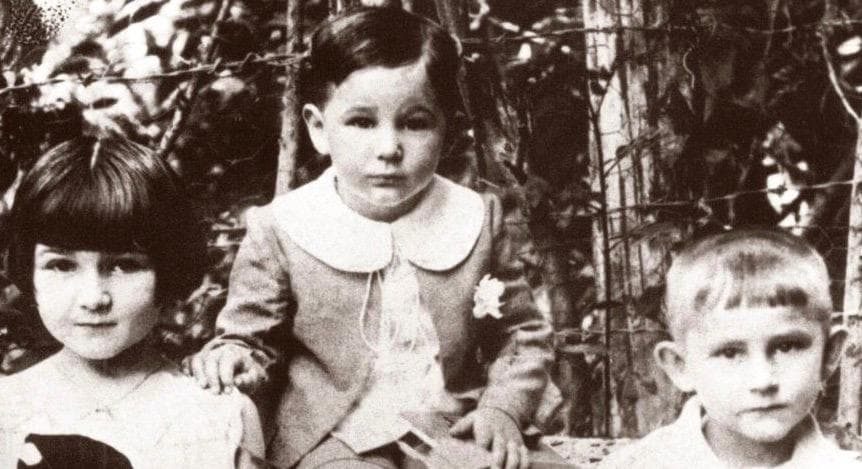Fidel Castro, the revolutionary leader of Cuba, was born into a wealthy family, a detail often cited by commentators such as Antonio García Martínez to highlight a perceived pattern in revolutionary movements.

Martínez, a tech entrepreneur and author, recently drew parallels between Castro's privileged upbringing and the backgrounds of other prominent revolutionary figures. According to biographical information, Fidel Alejandro Castro Ruz was born in 1926 to Ángel Castro y Argiz, a prosperous Spanish farmer and landowner in Birán, Oriente Province, Cuba. His father's financial success allowed Fidel to attend Jesuit boarding schools, including El Colegio de Belén in Havana, and later study law at the University of Havana, experiences typically afforded to the upper echelons of Cuban society at the time. This background contrasts with the image of a leader solely emerging from the oppressed working class, a point often emphasized by critics of his revolutionary narrative. Martínez's commentary suggests that this pattern of leaders from affluent or educated backgrounds spearheading movements in developing nations, and now potentially in the U.S., is a significant observation. Understanding the specific backgrounds of these figures provides crucial context to his broader argument about the "third-worldization of US politics," implying a shift towards similar dynamics in American political discourse. Further examination of Che Guevara and Subcomandante Marcos's origins will contribute to a comprehensive understanding of Martínez's assertion.